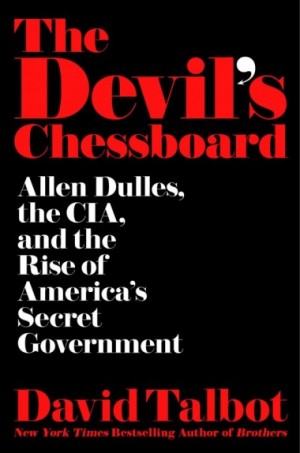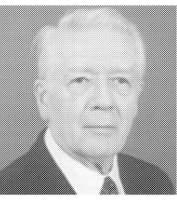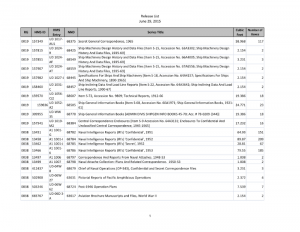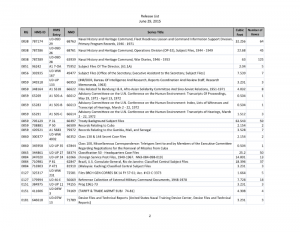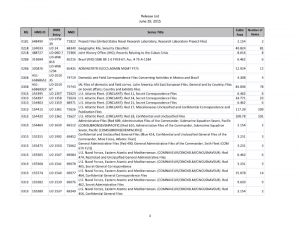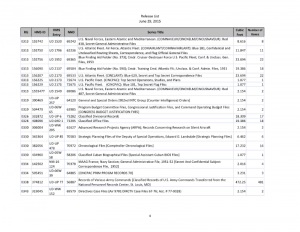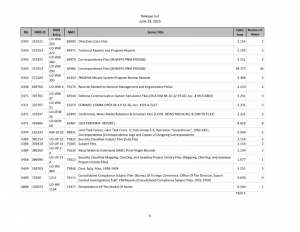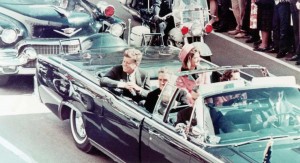By Dan Hardway © 2015
We all need to thank Phil Shenon for bringing attention to the CIA’s latest position in their continuing stonewalling of the truth in regard to the JFK assassination. The new limited hang-out that Shenon helps test float in his October 6, 2015, Politico piece, “Yes, the CIA Director was Part of the JFK Assassination Cover-Up,” is acknowledgment that DCI John McCone participated in a “benign-coverup” by withholding crucially important information from the Warren Commission. Once again, we can benefit from what is normally gleaned from a limited hangout: 1) it will fill in some blanks; 2) point the way to further avenues of investigation; 3) illustrate the continued lying while admitting to past lying; 4) illuminate the real issues by its misdirection; and 5) ultimately contribute to the long unravelling leading to the eventual revelation of truth. In this case, Shenon’s latest spin on the CIA’s new limited hangout does all this and more. I say “his spin” deliberately because Mr. Shenon’s latest article in Politico1 doesn’t even accurately represent his cited CIA source.
We can elucidate this from an examination of some of the specific assertions Mr. Shenon makes in his article which is based on a recently declassified chapter out of a top secret CIA biography of former CIA Director John McCone.2

